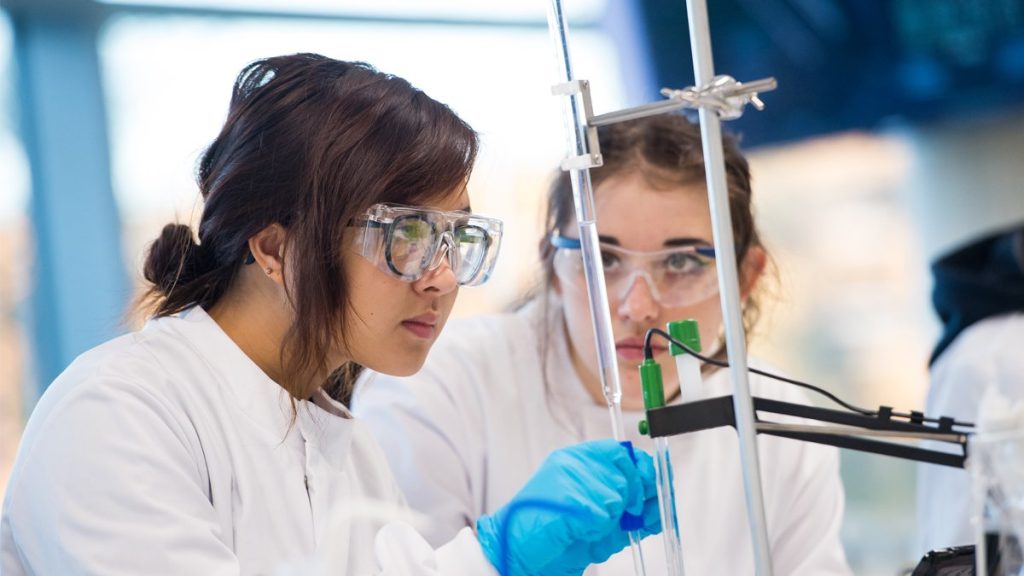Biochemistry Research Program, where groundbreaking strides have been made in the creation of artificial life forms. This multidisciplinary field, at the intersection of biology and engineering, has long been poised to revolutionize our understanding of life and the potential applications of biological systems. Within the confines of laboratories, researchers are manipulating the fundamental building blocks of life to design organisms with novel functionalities, transcending the boundaries of natural evolution. At the core of the Biochemistry Research Program’s achievements lies the ingenious manipulation of DNA, the genetic code that serves as the blueprint for all living organisms. Researchers have harnessed the power of gene synthesis and editing techniques to engineer DNA sequences, creating synthetic genomes that give rise to organisms with predetermined traits. These artificial life forms, once the stuff of science fiction, are now tangible realities in the petri dishes and bioreactors of the program’s laboratories.

One notable breakthrough within this synthetic biology frontier is the construction of microorganisms with customized metabolic pathways. By reprogramming the utsa biochemistry phd program genetic instructions governing cellular functions, researchers have tailored microbes to produce valuable biofuels, pharmaceuticals, and industrial chemicals. This capability not only holds the promise of sustainable and efficient production processes but also offers solutions to some of humanity’s pressing challenges, such as the quest for renewable energy sources and the development of new medical treatments. The Biochemistry Research Program’s pursuit of artificial life forms extends beyond mere functionality. Scientists have ventured into the creation of synthetic organisms with unique structural and behavioral attributes. From microbes engineered to perform intricate nanoscale assembly to the design of microorganisms that exhibit collective behavior akin to natural ecosystems, these synthetic life forms exemplify the program’s commitment to pushing the boundaries of biological possibilities.
However, with these remarkable strides come ethical considerations and questions about the potential consequences of unleashing artificial life forms into the environment. The Biochemistry Research Program acknowledges the need for responsible innovation, emphasizing rigorous safety protocols, containment measures, and thorough risk assessments. As the program continues to explore the frontiers of synthetic biology, it is equally committed to ensuring that its creations are harnessed for the betterment of society without unintended ecological or ethical ramifications. In conclusion, the Biochemistry Research Program stands at the forefront of synthetic biology, where the creation of artificial life forms is transforming scientific landscapes. Through the manipulation of DNA and the engineering of genetic codes, researchers are crafting organisms with tailored functionalities and unprecedented capabilities. The impact of these advancements extends from biofuel production to the creation of synthetic ecosystems. As this frontier unfolds, the program remains steadfast in its commitment to responsible innovation, ensuring that the marvels of synthetic biology contribute positively to the well-being of humanity and the planet.
